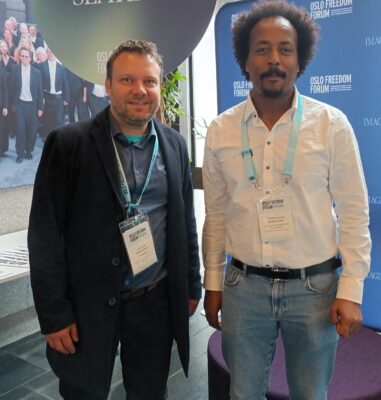By Aram Arkun
Mirror-Spectator Staff
CAMBRIDGE, Mass. — Richard M. Mills, Jr., the US ambassador to the Republic of Armenia, has been on a tour of Armenian American communities. After New York (see the article by Hagop Vartivarian in this issue), he came to Boston on March 3, and went on afterwards to Detroit, Fresno and Los Angeles. In each place, he made a presentation and answered audience questions about US government policies concerning Armenia and the activities of his embassy. The presentation for the Boston region took place at Holy Trinity Armenian Church of Cambridge, with pastor Rev. Vasken Kouzouian serving as host.
Kouzouian pointed out that Marie Yovanovitch was the most recent previous US ambassador to Armenia to visit Boston in 2009. Janice Dorian recited a brief biography of the ambassador before inviting him to speak. Mills is an experienced career diplomat who has served in Beirut, Malta, Baghdad (“Senior Democracy Advisor”), London, Saudi Arabia, Pakistan, and many other countries, including St. Petersburg. He speaks French and conversational Russian, and has a B.A. from Georgtown, a J.D. from the University of Texas School of Law, and a master’s in National Security Strategy from the National Defense University (a Washington DC institution funded by the US Department of Defense).
Mills began by praising positive values of Armenian traditions and culture, and said that he had been the first desk officer for Armenia for the State Department some 20 years ago after Armenian independence. He therefore had a basis for making a comparison. He remembered the challenges and privations of the dark years. He said, “present-day life in Armenia bears little resemblance to life 20 or even 10 years ago.” Vast improvements have occurred, with a government working to improve the delivery of services, and a robust civil society. Armenia has moved away from the Soviet approach, he said, and the rule of law has been improved. Furthermore, Armenia plays a role in the international community that is much larger than its small geographical size would lead one to expect.
In sum, he said, it should give everybody in the room great pride. He also praised the diaspora, which has helped in this process greatly.








